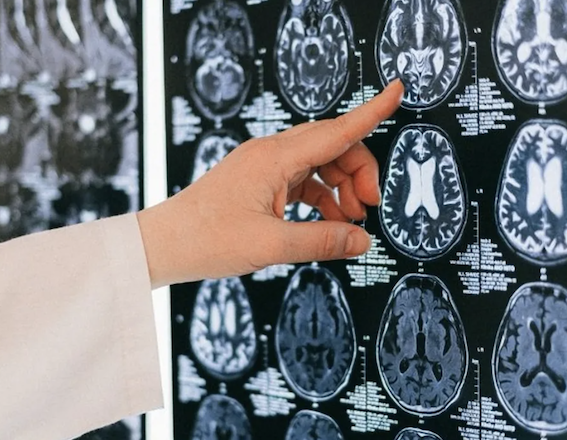We use own and third-party cookies to measure the website’s activity with the purpose of implementing improvements based on analysing the data on how users use the service.

The project BeMother, led by a group of Spanish neuroscientists, is studying how the mother’s brain changes during pregnancy and after giving birth. The starting point is simple: if during pregnancy the woman’s body changes at the cardiovascular, renal, metabolic, respiratory, muscular and endocrine level, does it also change at the brain level? In the first phase of the study, the team led by the scientists Oscar Vilarroya, Susanna Carmona and Oscar Pozo, working overtime and without funding, found out that it does. Pregnancy causes very significant changes in the mother’s brain, which last at least 2 years after giving birth.
Researchers got in touch with couples who were after their first pregnancy and who had a brain MRI to understand the brain’s status before the pregnancy and after giving birth. To uncover potential changes, they also controlled the brain of people without children and without any intention to have them in the near future. When analysing the data, they observed that the women who had gone through a pregnancy had suffered changes in the volume of grey matter in specific areas related to empathy and altruism. Specifically, they observed that the more the brain changed, the stronger was the bond between mother and baby.
In this new research, the project BeMother intends to analyse how hormones influence the mother’s brain. For example, oxytocin is very important to trigger birth and to strengthen the bond between mother and baby. But it is unclear whether hormones rule the brain changes. In addition, the project intends to research on whether these changes on the brain are associated with the postpartum mental disorders. At present, one out of five women after birth have anxiety or depression symptoms. Better understanding what happens in the mother’s brain will allow to prevent mental illness, which is so harming for the mother’s and baby’s health. This research, which is now at the participant recruitment phase, will study the women’s brain during pregnancy and after birth. During the visits, brain images will be obtained through MRI scans, saliva and urine tests will be taken and questionnaires will be completed to evaluate the neuropsychological sphere. The project BeMother, led by the UAB, the IMIM and the IISGM and funded by the European Research Council, intends to provide soundness to this scientific field that has been so little explored.